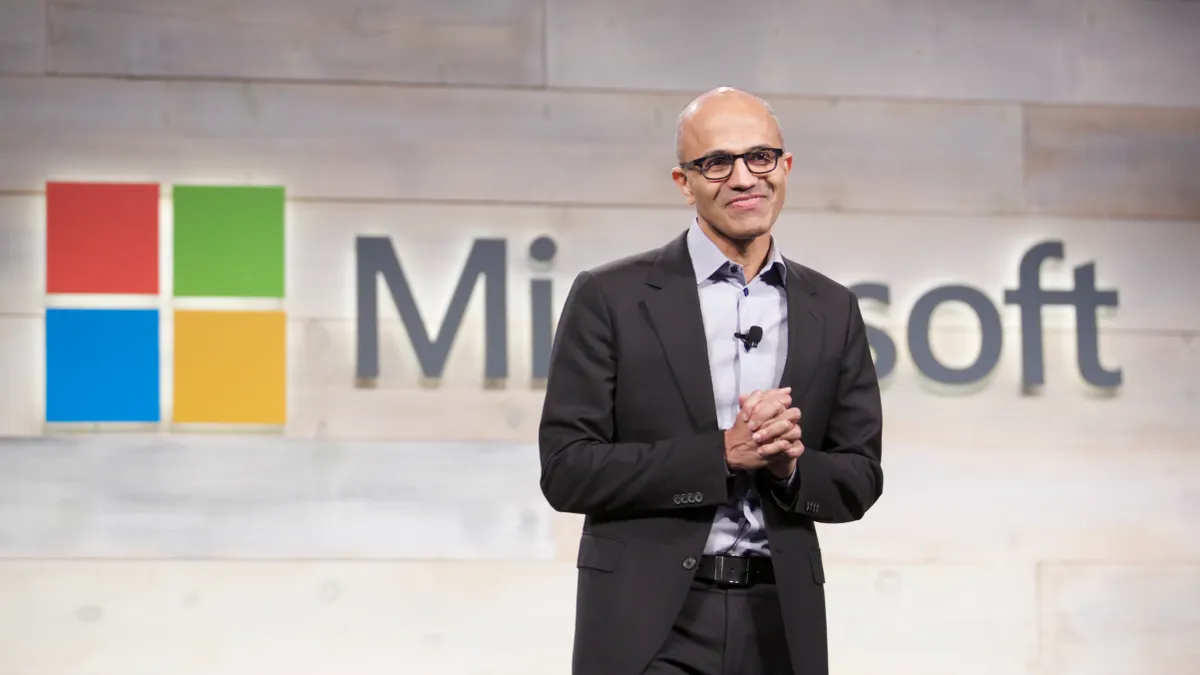Microsoft Chair and CEO Satya Nadella asked for the board to reduce part of his annual compensation package to account for his role in how the company prepared for malicious cyberattacks that led to an overhaul of its internal security culture.
Nadella received more than $79 million in total compensation in fiscal 2024, which included a base salary of $2.5 million, about $71.2 million in stock awards and $5.2 million in non-equity incentive plan compensation, according to a filing with the Securities and Exchange Commission. The total included almost $170,000 classified as other compensation.
However, Nadella “asked the board to consider departing from the established performance metrics and reduce his cash incentive to reflect his personal accountability for the focus and speed required for the changes that today’s cybersecurity threat landscape showed were necessary,” according to a letter included in the filing from the compensation committee at Microsoft.
Nadella would have received more than $10.6 million in cash compensation based on the company’s strong financial performance.
Yet, thanks to Microsoft's strong market performance, Nadella's pay still far exceeded his compensation last year.
Nadella’s compensation was still 63% above fiscal 2023, when he earned a total of $48.5 million. The compensation included a base salary of $2.5 million, stock awards of $39.2 million, non-equity incentive plan compensation of $6.4 million and $361,000 classified as other compensation.
In April, the U.S. Cyber Safety Review Board blasted Microsoft for the 2023 state-linked attack that led to the exfiltration of about 60,000 emails from the U.S. State Department.
The board found the attack by a China-linked threat group against Microsoft Exchange Online was preventable and linked to a corporate culture that prioritized speed to market and product features over emphasizing security.
Microsoft enacted a series of changes as part of its Secure Future Initiative, which was designed to overhaul the company’s internal security culture. Among the key changes was a decision to link compensation to making progress on the security front.














